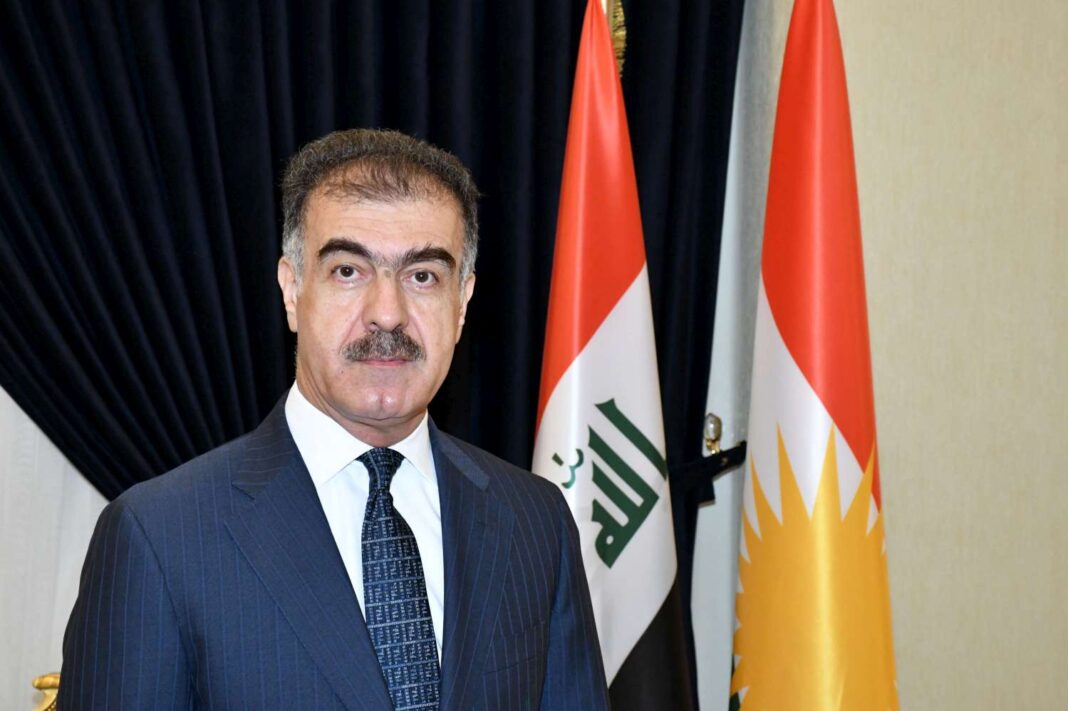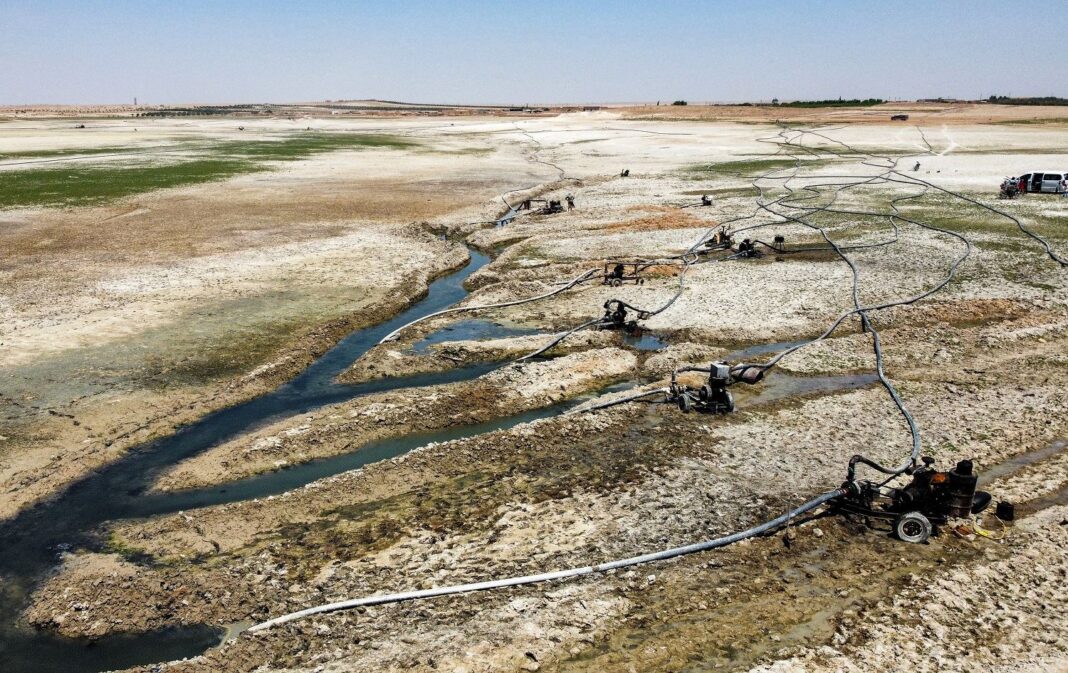Kurdistan oil export suspension loss $28 billion has become a central issue in relations between Erbil and Baghdad. Safeen Dizayee, head of the Kurdistan Regional Government’s Department of Foreign Relations, confirmed that both Iraq and the Kurdistan Region suffered massive losses due to halted exports.
Speaking at an economic forum in Erbil, Dizayee explained that Iraq borrowed $1.5 billion from Turkey. However, the suspension of exports caused a staggering $28 billion in combined losses. He stressed that oil companies operating in Kurdistan will still receive their financial entitlements despite current challenges.
Dizayee’s remarks came during a forum at Erbil International University, attended by Thailand’s non-resident ambassador and several economic officials. He underlined that Kurdistan maintains an open market system, strongly supporting private sector growth and foreign investment. Furthermore, he emphasized that building economic strength ensures stronger political stability.
Earlier this year, a Kurdistan trade delegation visited Thailand to expand partnerships. Dizayee noted that participation in international forums helps Kurdistan learn from global experiences. At the same time, an American business delegation also arrived in Erbil, exploring opportunities for joint projects.
Although disputes between Erbil and Baghdad remain unresolved, Dizayee said dialogue continues. He acknowledged that issues like salaries, oil revenue shares, and export suspensions require ongoing negotiations. Yet, he insisted that teams from both sides must keep working toward fair solutions.
Drone attacks added further strain on Kurdistan’s energy sector. In July, twenty drone strikes targeted northern Iraq, with seven hitting Kurdistan’s oil facilities. These attacks reduced production capacity by nearly 200,000 barrels per day. The United States strongly condemned the strikes, stressing the need to protect energy infrastructure.
The crisis traces back to March 2023, when a Paris arbitration court forced Kurdistan to suspend oil exports through Turkey’s Ceyhan port. Following the ruling, Turkey agreed to pay Iraq $1.5 billion in compensation. However, Dizayee pointed out that such repayment does not cover the enormous $28 billion loss.
In conclusion, the Kurdistan oil export suspension loss $28 billion highlights the urgent need for renewed agreements. Dizayee reaffirmed that negotiations will continue, and he reassured oil companies about their rights. Ultimately, this crisis underscores the importance of cooperation, transparency, and economic resilience.



